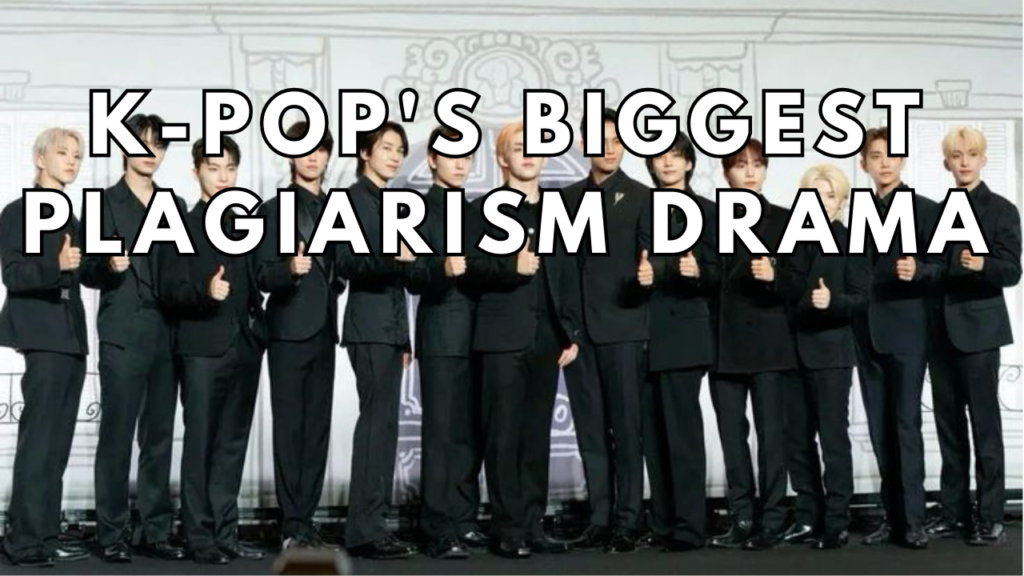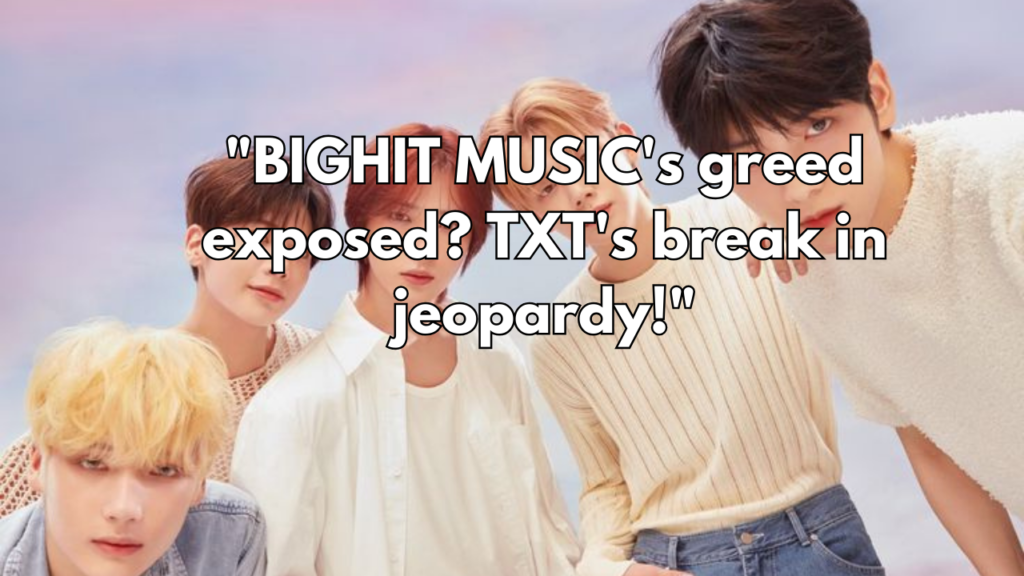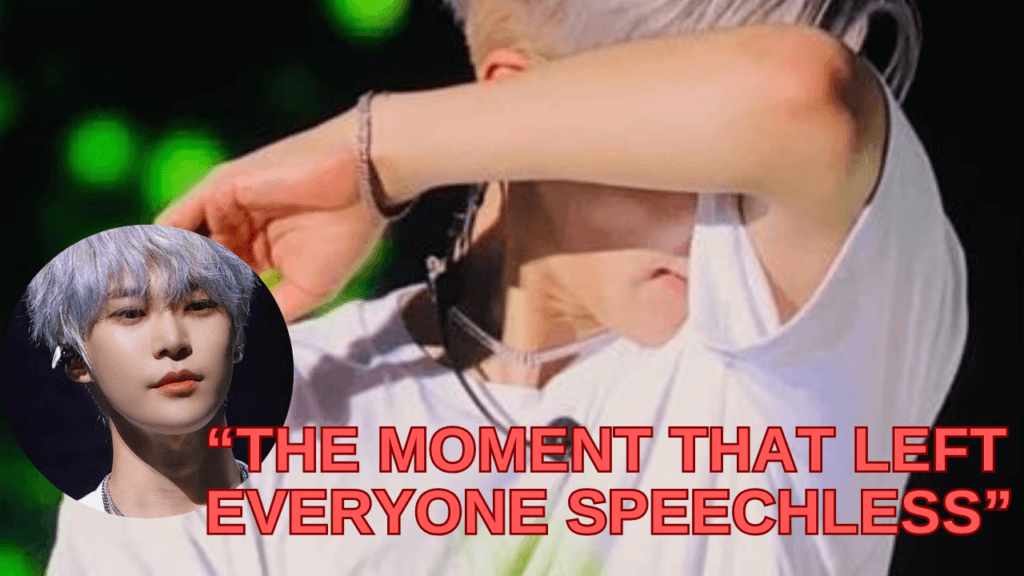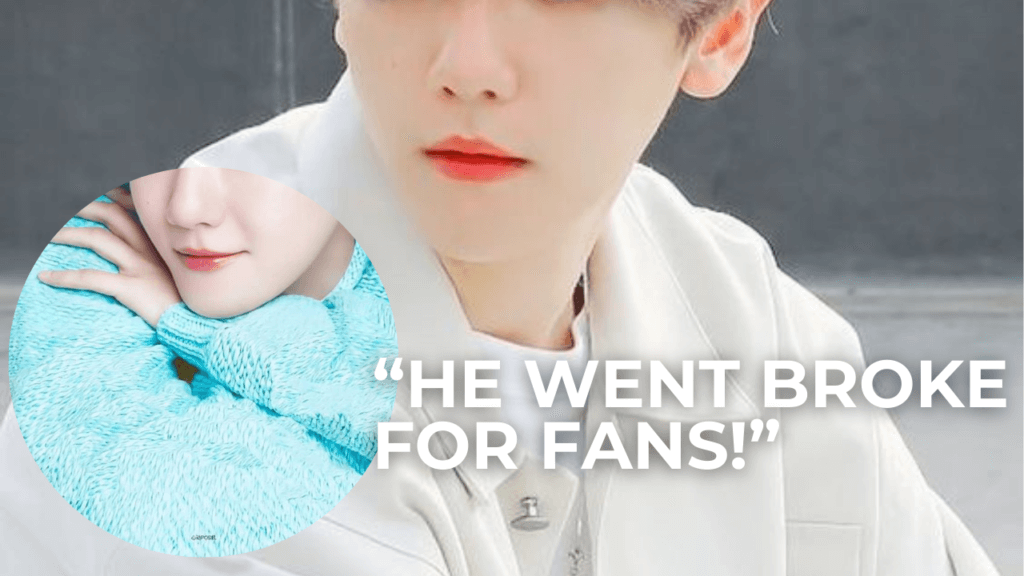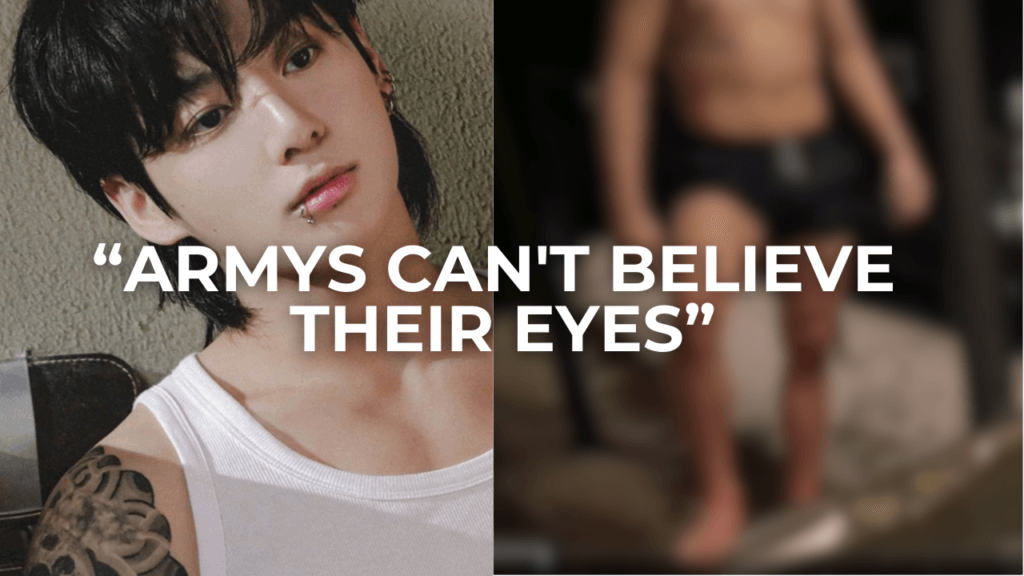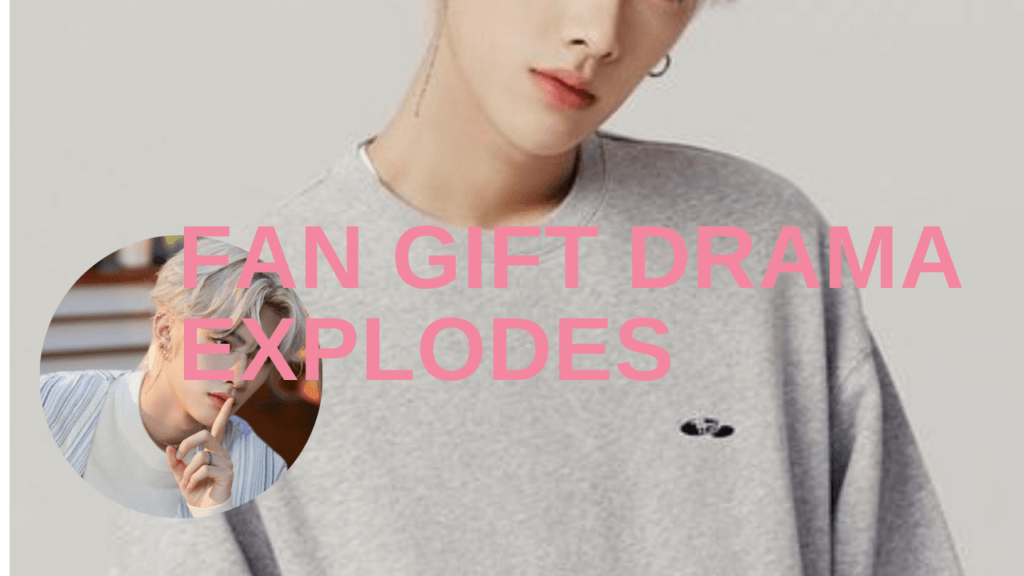The K-pop world is buzzing with the SEVENTEEN NCT Dream plagiarism controversy, which has become one of the most discussed topics in the industry. The accusations emerged after keen-eyed fans noticed striking similarities between SEVENTEEN’s “God of Music” and NCT Dream’s “Hello Future.” This heated debate has captured the attention of K-pop enthusiasts worldwide, sparking intense discussions across social media platforms.
Concept Similarities Spark Debate
The controversy centers on SEVENTEEN’s October 2023 release “God of Music,” which has drawn significant attention for its apparent parallels. Many fans have meticulously analyzed similarities to NCT Dream’s 2021 hit “Hello Future,” pointing out overlapping elements in both releases. The similarities extend beyond just musical elements to include visual concepts, staging, and overall presentation.
The creative direction of both music videos showcases comparable aesthetic choices and thematic elements. From the color schemes to the camera angles, fans have compiled extensive evidence highlighting these parallels. Industry experts have also weighed in, noting the unusual degree of similarity between the two concepts.
HYBE’s creative team faces unprecedented scrutiny as netizens examine both releases in detail. The overlapping elements have led to intense discussions on social media platforms and Korean forums, with fans sharing side-by-side comparisons and analysis videos.
Creative Direction Under Scrutiny
The SEVENTEEN NCT Dream plagiarism controversy gained significant momentum on TheQoo, a popular Korean online platform. A viral post garnered nearly 50,000 views, meticulously highlighting concept similarities between the groups. Some fans defend the similarities, citing shared creative directors between the projects and arguing that overlap is inevitable in the industry.
HYBE’s approach to creative direction has come under particular fire from critics. Industry observers question the practice of using the same creative teams across different projects, suggesting it may lead to concept recycling. This situation mirrors recent controversies involving other HYBE artists, raising questions about the company’s creative processes.
The debate has expanded to include discussions about originality in K-pop production. Critics argue that while sharing creative teams is common practice, the degree of similarity in this case crosses an acceptable threshold. Supporters counter that similar creative teams naturally produce work with comparable elements.
Industry Impact and Fan Response
The plagiarism accusations have sparked broader discussions about originality and creative ownership in K-pop. Both SEVENTEEN and NCT Dream maintain strong fan support despite the controversy, with dedicated followers defending their respective groups. The situation highlights the complex relationship between inspiration and imitation in the fast-paced K-pop industry.
Industry experts suggest this controversy could lead to changes in how entertainment companies approach creative direction. Some propose implementing stricter guidelines for concept development and clearer attribution of creative sources. The debate continues to evolve as more fans and industry professionals share their perspectives.
Final Thoughts: Understanding the SEVENTEEN NCT Dream Plagiarism Discussion
The controversy continues to evolve as fans and critics analyze both releases in detail. This situation raises important questions about creative boundaries in K-pop and the balance between inspiration and originality.
What are your thoughts on the similarities between these two iconic K-pop releases? Share your perspective in the comments below!

